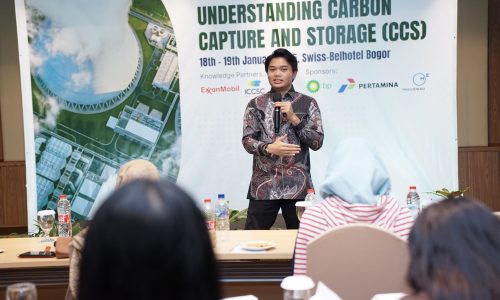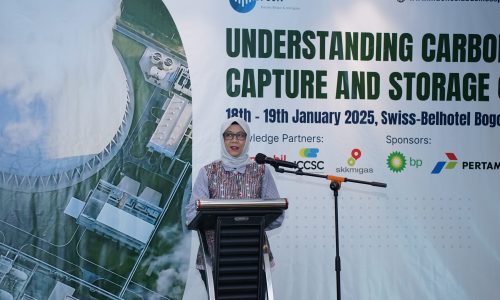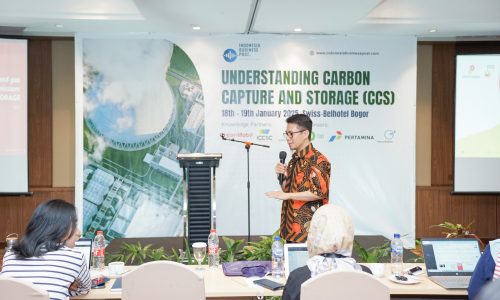The Indonesian Ministry of Trade has officially prohibited social commerce platforms, such as TikTok Shop, from acting as producers and facilitating payment transactions on their platforms.
This restriction is outlined in Trade Ministerial Regulation No. 31 of 2023 (Regulation 31/2023). Article 21, paragraph 2 of this regulation states that companies with a local marketplace or social commerce business model are prohibited from acting as producers in accordance with the provisions of laws and regulations in the field of distribution of goods.
Additionally, Article 21, paragraph 3 of Regulation 31/2023 stipulates that companies with a social commerce business model are prohibited from facilitating payment transactions on their electronic systems.
Isy Karim, the Director-General of Domestic Trade at the Ministry of Trade, explained that social commerce platforms that wish to conduct transactions within their applications must establish a new legal entity in the for of a limited liability company (Perseroan Terbatas) or other form of legal entities that comply with applicable regulations.
In other words, social commerce platforms are not allowed to sell products and services directly through their applications.
Under these regulations, the Ministry of Trade (Kemendag) also threatens to impose sanctions on social commerce platforms that continue to engage in sales.
Administrative sanctions that may be imposed include written warnings, inclusion in the list of priority supervision, inclusion in the blacklist, temporary blocking, and even revocation of business permits.
Isy Karim revealed that Kemendag will grant a grace period to TikTok Shop until the beginning of the following week to halt payment transactions, with a deadline until October 2, 2023.
After the deadline, TikTok Shop can only be used for promotional purposes and may not process payment transactions.
Isy emphasized that they will not immediately impose sanctions but will instead focus on guidance and education initially. The implementation of this policy will take some time.
Furthermore, Isy plans to hold meetings with the Ministry of Communication and Information, the Ministry of Investment, and the Ministry of Cooperatives and Small and Medium Enterprises.
These meetings are considered essential for further discussions on regulations related to the three business models in social media: social media, social commerce, and local marketplaces.
Despite these regulatory challenges, TikTok Shop has experienced significant growth since its introduction in Indonesia. Its revenue has increased substantially, especially during the COVID-19 pandemic. TikTok Shop’s initial revenue from China was US$ 63 million in 2017, and it continued to grow, reaching US$ 4.69 billion in revenue in 2021.
The government’s decision to prohibit social commerce platforms like TikTok Shop from acting as producers and facilitating payment transactions is a significant step in regulating the e-commerce industry in Indonesia.









